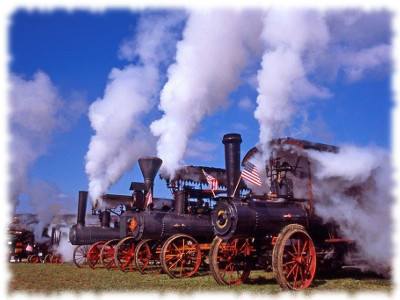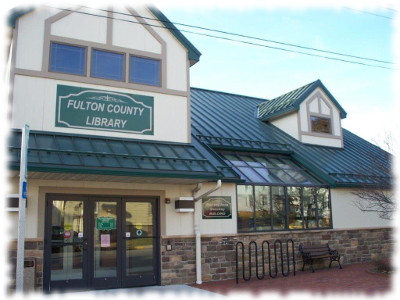Calling 9-1-1
What happens after I dial 9-1-1?
When you dial 9-1-1 you will be speaking to a telecommunicator (dispatcher). The dispatcher has received more than 400 hours of training in obtaining the necessary information to get you the help you need.
It is very important for you to remain calm, and clearly answer ALL of the questions you may be asked. Keep in mind that while the dispatcher is still on the telephone asking you additional questions, another dispatcher IS sending help.
"9-1-1 What is your emergency?"
These are the first words you will hear when your call is answered.
Some things to remember:
BE CALM & SPEAK CLEARLY: When asked, give the call-taker a clear description of the emergency
ADDRESS: Know your home/business address including the street/road name/number and township or borough. Tell the call-taker where the help is needed and where you are (if at a different location). If you don't know the address, don't be afraid to tell the call-taker that you are not sure.
STAY ON THE TELEPHONE: Don't hang up unless told to! This way the call-taker can ask questions.
STAY BY THE TELEPHONE: Try to stay by the telephone in case the call-taker must call you back
An emergency is any situation which requires an immediate response from the police, the fire department, or the ambulance. Some examples are: ANY type of fire, a sick or injured person, a vehicle accident, a fight, a robbery, etc.
If there is any doubt as to whether or not your situation is an emergency, PLEASE dial 9 1 1.
Non-Emergencies requests or inquiries should be handled on our non-emergency lines listed on our home page. An example of a non-emergency would be reporting a lost dog.





